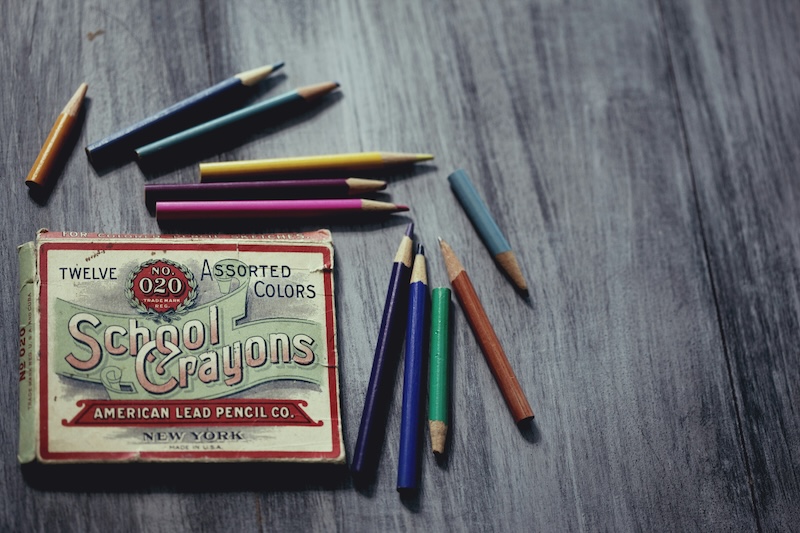
Essential Tips and Strategies to Ensure a Smooth Transition
Preparing for back-to-school in Nashville’s private schools can be a rewarding experience with proper planning. Understanding the specific needs and culture of schools like Lipscomb Academy, Montgomery Bell Academy, and University School of Nashville is crucial for ensuring a smooth transition. Parents and students should focus on gathering the right supplies, understanding the curriculum, and engaging with the school community.
To start, parents can explore the specific requirements of their child’s school. Schools like Davidson Academy emphasize a balance between academic preparation and extracurricular activities, helping students excel not only academically but also grow spiritually and socially.
Joining the school community early can also ease back-to-school jitters. Many schools offer summer programs and meet-and-greet events, which allow new students to meet their classmates and teachers, making the first day less daunting.
Preparing Academically for the School Year
Ensuring a successful academic year involves focusing on essential details such as the academic calendar, grade-specific curriculum, and strategies for engagement between teachers and students.
Academic Calendar and Key Dates
Knowing the academic calendar is vital for effective planning. In Nashville private schools, classes typically start in mid-to-late August. Key dates include holidays, parent-teacher conferences, and grading periods. These events shape the academic flow and inform parents about important milestones to track.
Important dates to note include the first day of classes in mid-to-late August, parent-teacher conferences usually a month into the semester, and quarterly grading periods. Keeping a family calendar updated with these dates helps in organizing and managing school activities efficiently.
Curriculum Overview by Grade
Each grade in Nashville private schools has a unique curriculum designed to develop specific skills and knowledge. For example, kindergarten focuses on basic literacy and numeracy, fostering curiosity and a love for learning. Middle school students encounter more complex subjects like pre-algebra and introductory sciences, preparing them academically for high school.
Grade-specific highlights include:
- Pre-K and Kindergarten: Basic reading, writing, and numbers with an emphasis on play-based learning to develop social skills.
- Elementary Grades: Introduction to core subjects like math, English, social studies, and science.
- Middle School: Advanced topics in math, science, and humanities, with a focus on developing critical thinking and problem-solving skills.
Familiarity with the curriculum allows parents to provide appropriate academic support at home.
Teacher and Student Engagement Strategies
Effective engagement between teachers and students is critical for successful learning. Teachers use various strategies to maintain engagement, such as interactive lessons, group work, and tailored feedback, which encourage active participation and enhance understanding.
Key engagement strategies include:
- Interactive Lessons: Using multimedia and hands-on activities to make lessons more captivating.
- Group Work: Encouraging collaboration among students to build teamwork and communication skills.
- Feedback: Providing regular, constructive feedback helps students understand their progress and identify areas needing improvement.
Parents can support engagement by fostering a positive attitude towards learning at home and encouraging their children to actively participate in class activities.
Creating a Supportive School Environment
Nashville private schools aim to foster a supportive and positive atmosphere that benefits students in various dimensions. This involves implementing strategies that address their emotional, social, and physical well-being.
Extracurricular Activities and School Events
Extracurricular activities and school events play a crucial role in creating a supportive school environment. Participating in sports, music, and art helps students build confidence and develop new skills. These activities also provide opportunities for students to form relationships with peers who share similar interests.
School events like arts festivals, sports days, and club meetings are platforms for students to demonstrate their talents. These events encourage community involvement and help parents and teachers connect more deeply with students. Supportive interactions at events contribute to a nurturing school community.
Extracurricular activities also help students manage stress and improve their behavior. Music and team sports teach discipline, patience, and teamwork. Consistent participation in these activities fosters a sense of belonging and strengthens the school community.
Health, Nutrition, and Wellness for Students
Health and wellness initiatives are essential to a supportive school environment. Ensuring that students have access to nutritious meals is a top priority. Providing healthy breakfast and lunch options can improve focus and energy levels throughout the day.
Schools should encourage regular physical activity. Engaging in sports and other forms of exercise promotes physical health and reduces anxiety. Wellness programs can address mental health through counseling services and stress management workshops.
Implementing policies that promote hygiene and safety is also critical. Clean facilities and safe spaces for recreation ensure that students feel secure and supported. Collaboration with local health organizations can provide additional resources for health education and screening.
Building a Positive School Community
Building a positive school community involves fostering relationships among students, teachers, and parents. Open communication channels, such as parent-teacher conferences and student forums, are vital for maintaining trust and understanding.
Creating an inclusive atmosphere where every student feels welcomed is key. Schools should celebrate diversity through cultural events and classroom discussions that promote respect and empathy. Positive reinforcement and recognition programs can motivate students to excel and exhibit good behavior.
A strong support system includes mentoring programs where older students help guide younger ones. This can enhance relationships and create a more cohesive school community. Peer support groups also play a role in addressing individual needs and building confidence.
Encouraging community service projects allows students to contribute positively to their surroundings, reinforcing a sense of responsibility and pride in their school community.
Sources:


